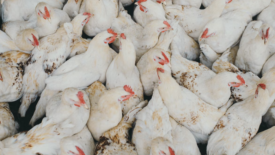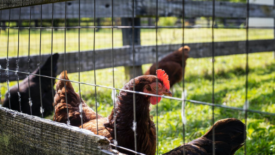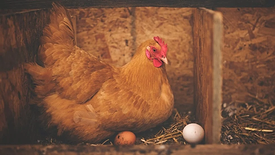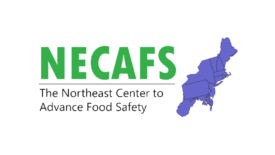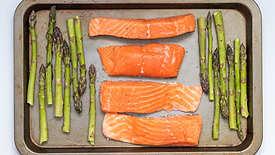Food Type
BIZTRACKS
Eight Global Organizations Adopt Antimicrobial Use Stewardship Principles
March 16, 2023
BIZTRACKS
Produce Growers’ Opinions Requested to Inform Food Safety Resources
March 13, 2023
Never miss the latest news and trends driving the food safety industry
eNewsletter | Website | eMagazine
JOIN TODAY!Copyright ©2025. All Rights Reserved BNP Media.
Design, CMS, Hosting & Web Development :: ePublishing


